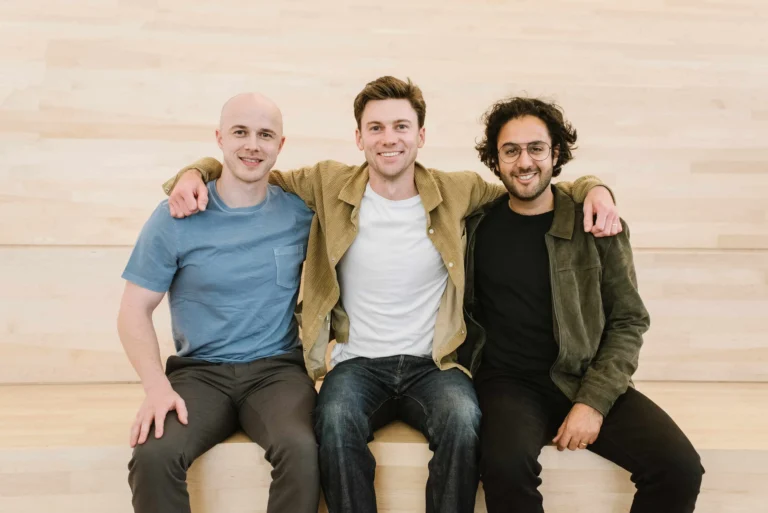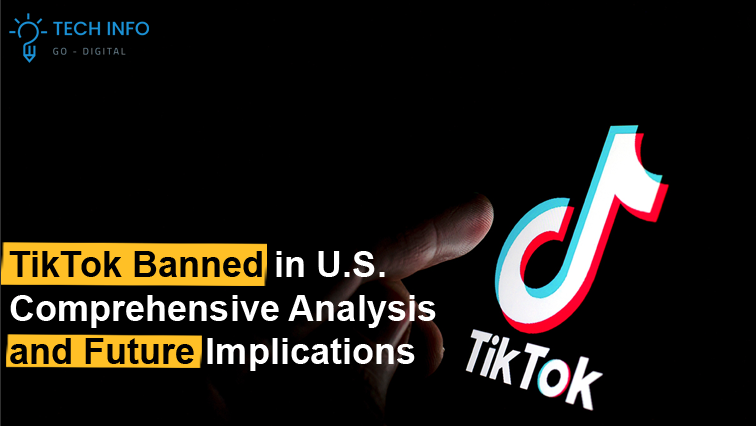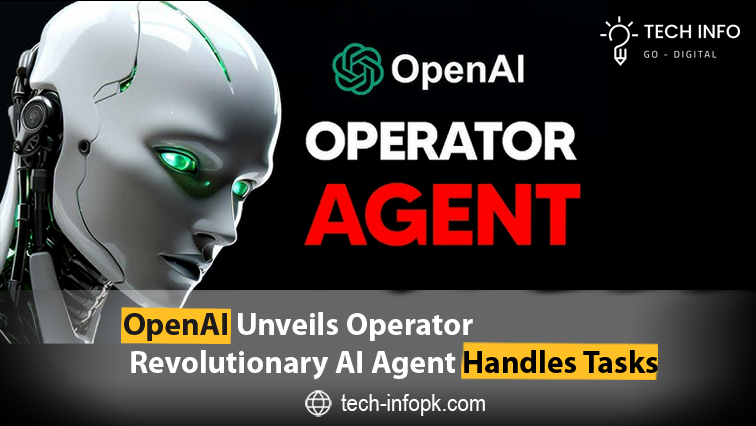Table of Contents
ToggleAnthropic Acquires Humanloop Team Amid Fierce AI Talent Wars
In the fast-evolving world of artificial intelligence, where top talent is as valuable as cutting-edge algorithms, Anthropic has made a decisive move. The San Francisco–based AI company, best known for its Claude family of large language models, has acquired the core team of Humanloop, a London AI startup specializing in improving and deploying LLMs for real-world business use.
The acquisition is more than just a personnel shuffle—it’s a signal of how competitive and aggressive the AI industry has become, especially in the race to win enterprise adoption.
Inside the Acquisition
According to announcements from both companies, Anthropic has brought on Humanloop’s entire team, including co-founder and CEO Raza Habib. Humanloop has made a name for itself in the enterprise AI space by building tools that help organizations fine-tune, test, and deploy models like GPT-4 and Claude for specific workflows.
The startup’s approach bridged the gap between general-purpose AI models and tailored enterprise solutions, allowing businesses to integrate powerful LLMs without needing massive in-house AI teams.
Why Humanloop Was Valuable
Humanloop’s platform specialized in:
- Fine-tuning & Adaptation — Helping companies train LLMs on proprietary data so responses are more relevant and contextually aware.
- Evaluation & Feedback Loops — Building systems to monitor model performance, reduce errors, and improve reliability over time.
- Workflow Integration — Making it easier for non-technical business teams to harness AI without deep coding expertise.
This capability is becoming essential for enterprises that want the benefits of AI without compromising data security, brand voice, or regulatory compliance.
What Anthropic Gains
Anthropic’s Claude models are already competitive in the AI assistant market, but enterprise customers often require customized AI that fits seamlessly into existing infrastructure. The Humanloop team’s experience gives Anthropic three major advantages:
- Deep Fine-Tuning Expertise
Humanloop’s engineers have direct experience adapting general-purpose AI into highly specialized business tools—a capability Anthropic can now offer at scale. - Enterprise Service Expansion
With Humanloop onboard, Anthropic can pitch Claude not just as a powerful LLM, but as a customizable, business-ready solution. This puts them in more direct competition with OpenAI’s ChatGPT Enterprise and Google’s Gemini for Work. - Top AI Talent in a Tight Market
Skilled AI researchers and engineers are in extremely high demand—often more scarce than cloud infrastructure or compute power. By securing Humanloop’s team, Anthropic strengthens its roster in a way that is hard for rivals to replicate quickly
The Bigger Trend: AI’s Enterprise Gold Rush
Anthropic’s move is part of a wider industry trend where acqui-hiring—acquiring companies primarily for their talent—is becoming a strategic weapon in the AI talent wars.
Recent examples include:
- Microsoft absorbing much of Inflection AI’s talent to accelerate its Copilot and Azure AI initiatives.
- Databricks acquiring MosaicML for $1.3 billion, primarily to enhance its generative AI capabilities.
- OpenAI aggressively recruiting enterprise-focused engineers to expand ChatGPT for Business.
The reasoning is simple: top-tier AI engineers don’t just write code—they define a company’s ability to innovate and stay competitive. In a market where models are quickly catching up with one another in performance, execution speed and customization are becoming the real differentiators.
What This Means for Claude
Claude, Anthropic’s flagship model, is already known for its safety-first design and long-context capabilities, making it attractive to industries like finance, healthcare, and legal services that have strict compliance requirements.
With Humanloop’s expertise, Claude could soon offer:
- Custom enterprise deployments with model behavior tailored to each company’s needs.
- Improved domain-specific accuracy for specialized fields such as law, medicine, and engineering.
- Better evaluation pipelines to ensure Claude’s outputs remain consistent and reliable over time.
This could help Anthropic differentiate itself from OpenAI’s GPT-4o and Google’s Gemini, both of which are rapidly adding enterprise features.
Challenges Ahead
While the acquisition strengthens Anthropic’s position, the path forward isn’t without risks:
- Integration Complexity — Combining two teams with different company cultures and workflows can slow short-term progress.
- Customer Acquisition Pressure — Enterprise AI sales cycles can be long and require deep client relationships, something Anthropic will need to accelerate.
- Relentless Competition — OpenAI and Google have vastly more resources and established enterprise partnerships.
Still, Anthropic’s strategy is clear: move fast, deepen enterprise offerings, and compete on customization and trust
What’s Next in the Talent Wars
Industry watchers expect more deals like this in 2025 as AI companies race to secure rare skill sets. Small, specialized AI startups will increasingly find themselves as acquisition targets—not necessarily for their products, but for the teams behind them.
We may also see a shift from traditional acquisitions to micro-acqui-hires, where companies bring in 5–10-person elite AI teams to accelerate specific features. This could especially benefit niche industries like biotech, energy optimization, and defense, where AI expertise is scarce.
Final Take
Anthropic’s acquisition of Humanloop isn’t just about adding a few engineers—it’s a strategic bet that customization will be the key to enterprise AI adoption. In a world where models are converging in general capabilities, the ability to mold AI to a company’s exact needs will decide who wins the enterprise market.
If Anthropic can integrate Humanloop’s talent smoothly and translate their expertise into better, more adaptable Claude deployments, it could punch far above its weight against industry giants.
The AI gold rush is far from over—but in this phase, it’s not just about who has the most powerful model. It’s about who can adapt the fastest and serve the customer best.





